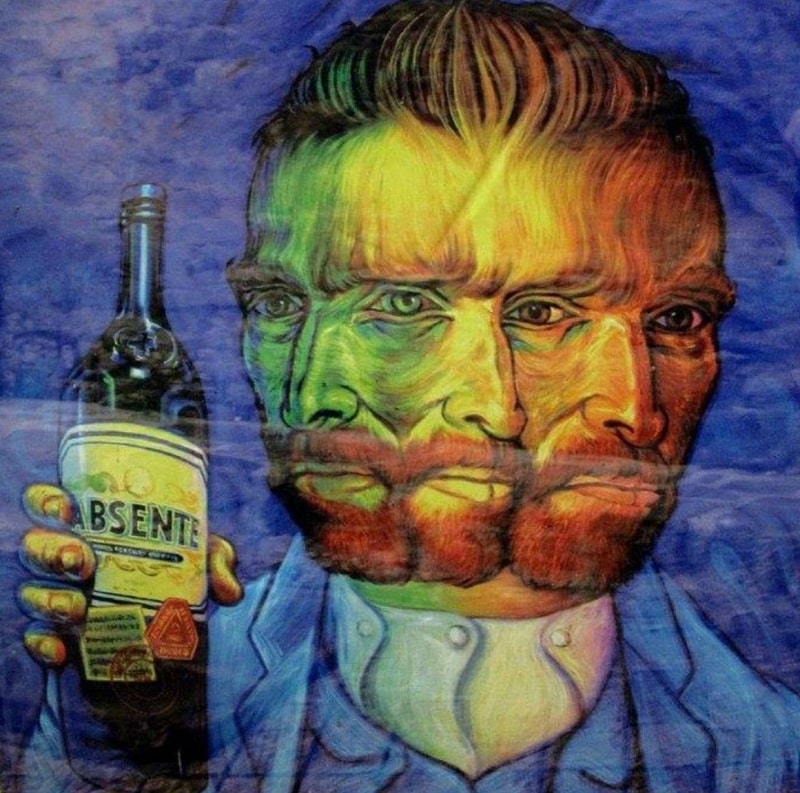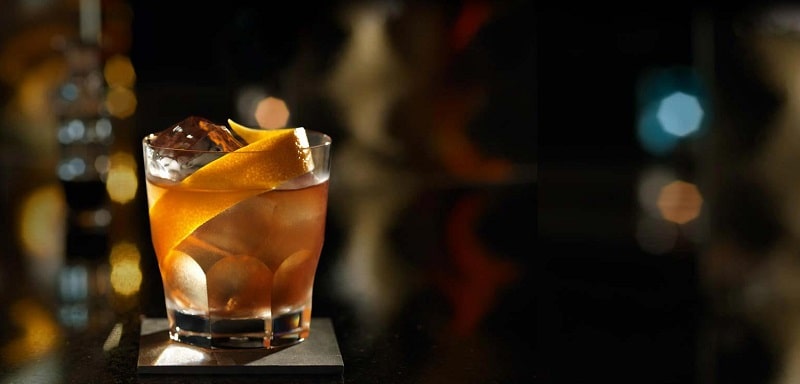
Alcohol Facts
There are various facts about alcohol consumption today. For instance, there are opinions that different alcoholic beverages lead to an increase in body temperature, although in fact there is a decrease in body temperature. There are also many people who, when intoxicated enough, cannot perceive the different optical illusions that occur.
Many drinks with alcohol strengths of up to 15 and above 30 per cent are more slowly absorbed by the human body than drinks of 15 to 30 per cent. Vodka is unquestionably the purest alcohol in the world.
Who gets drunk much less?
Many people think that the resistance to alcohol is influenced by one’s body weight. But people who are overweight actually drink more alcohol than those who are trim.
Today, the only effective antidote used against methyl alcohol is ethyl alcohol, which quickly eliminates the products of methyl breakdown from the body. In the event of sudden poisoning by such alcohol, a glass of ordinary vodka will help to await medical attention.
A natural ingredient and a mysterious drink
Many fruits and vegetables contain a small amount of alcohol and it is also present in ordinary kvass, including some drinks that are considered non-alcoholic.
The most mythical drink is absinthe, which has a mysterious effect on the human body. Once consumed, it can lead to hallucinations, stimulate creativity and even sometimes change character.
The ethyl alcohol consumed does not cause allergies but increases the reaction to any substance taken, therefore it is not recommended to take alcohol and medication at the same time.

A cocktail in the form of a medicine
A cocktail called Gin Tonic appeared among the British soldiers at war in India and began to be used as a treatment for malaria. To improve the taste of the overly bitter quinine substance, gin began to be added to it.
Not many people are aware of the fact that the common cognac, whisky and brandy have no colour after production and can only acquire it by aging in the wooden casks used.
Many wines are not intended for long-term storage due to loss of flavour and aroma. Only a small group of the used elite wines are intended for long ageing.
A few more facts about alcoholic beverages:
- a bottle of whisky can be stored for almost 100 years without any damage to its quality, and it can remain open for up to 5 years with its flavour and aroma intact.
- Today whisky is one of the UK’s top 5 export items.
- The oldest alcoholic drink is beer, which has been around for 11,500 years.
- The term ‘toast’ as an accompaniment to alcoholic drinks originated in Greece. In those days, a piece of toasted bread was tossed into the wine as a sign of good health.
- In some French vineyards the soil is so valuable that the workers clean their shoes before leaving and do not carry away the soil on their soles.
- The oldest brewery in the world, dating back to 1040, is owned by Weihenstephan in Germany. Another interesting fact is the medieval caution in the form of the tradition of tapping glasses. It originated in the Middle Ages when poison was often put in the wine. At that time, when the glasses were tapped, the drinks overflowed and mixed with each other. This became a guarantee that no one had poisoned the drink, for they could get it themselves.
